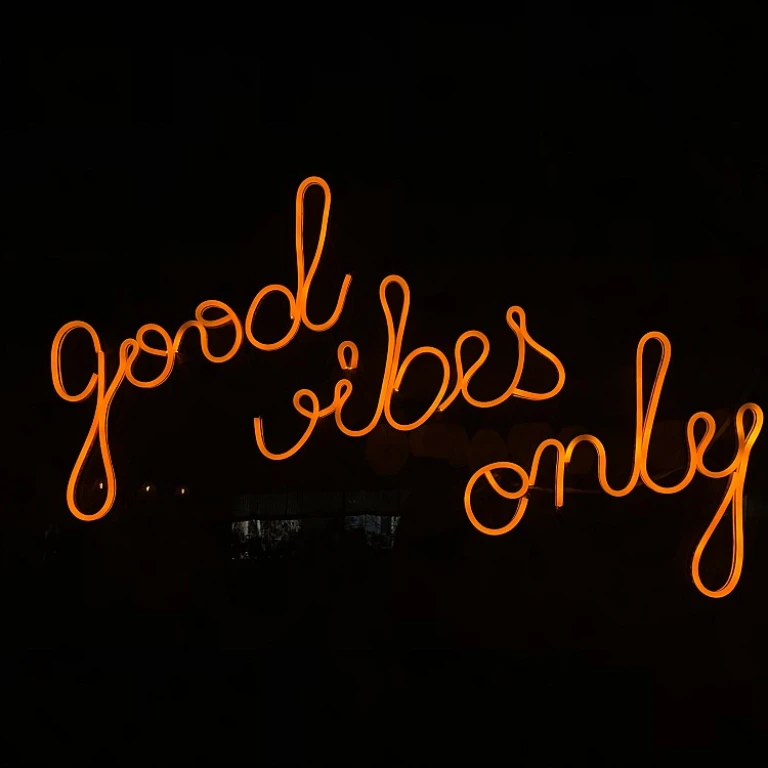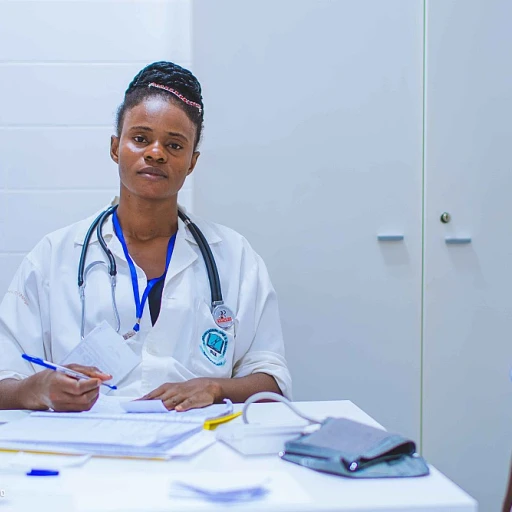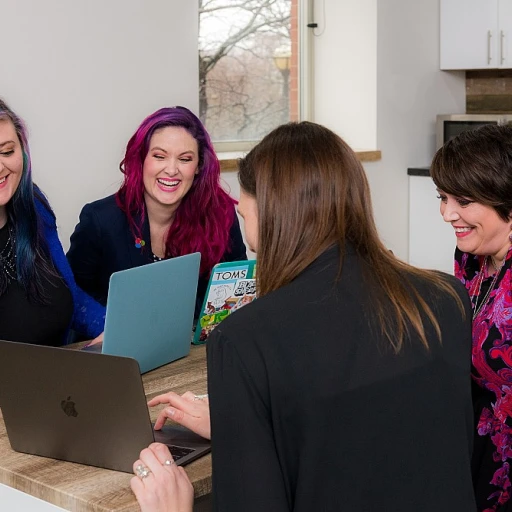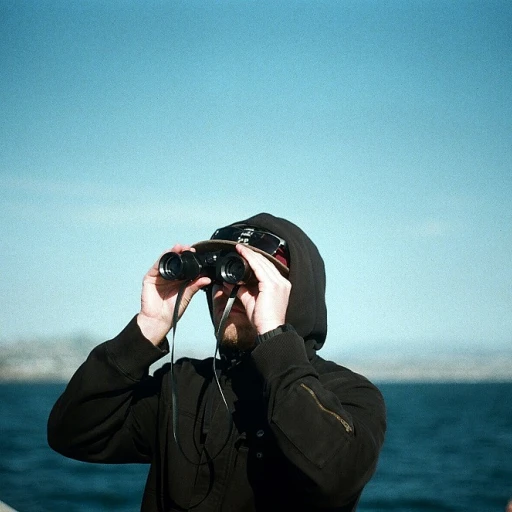Understanding the Importance of Teamwork in HR Interviews
The Significance of Teamwork in HR Interviews
Understanding why teamwork is highlighted in HR interviews can do wonders for your preparation. It all boils down to one essential fact: the ability to effectively operate within a team is a major asset in any job. Recruiters are on the lookout for candidates who can seamlessly integrate with existing team members and contribute to group success.
Being a team player showcases a variety of skills like communication, problem-solving, and adaptability—qualities high on the list of HR priorities. Your ability to mesh with team dynamics can heavily influence the hiring decision, making it essential to articulate your teamwork experience clearly and confidently.
Moreover, teamwork often leads to enhanced productivity and innovative solutions, making it a coveted quality in a rapidly changing work environment. As a candidate, showing that you excel in team projects boosts your profile significantly.
Navigating diversity questions in HR interviews can further emphasize your teamwork skills. The ability to work with diverse individuals adds a layer of complexity and value to your experience (more insights on this can be found in
diversity questions).
Teamwork isn’t just about the time spent working with others; it's about how you collaborate to achieve a common goal. Be ready to share instances when you took on roles that led to problem-solving and success in your previous roles.
Common HR Interview Questions About Teamwork
Understanding Teamwork Questions
In HR interviews, teamwork questions are designed to assess how well you collaborate with others, manage conflicts, and contribute to a team environment. Employers want to know if you're a team player who can effectively work alongside others to achieve common goals.
These questions often probe how you've handled past situations. They might ask you to describe a time you worked on a team project or overcame a team challenge. The aim is to evaluate your teamwork skills and determine how they match the company’s needs.
Common Teamwork Questions in Interviews
You’ll likely encounter a range of questions meant to gauge your experience and approach to teamwork. Here are some examples to prepare for:
- "Can you describe a time when you worked with a team to complete a project?"
- "Tell us about a situation where you had to resolve a conflict within a team."
- "How do you ensure effective communication with team members?"
- "What role do you typically play within a team?"
These questions are intended to dig into your teamwork experiences and assess your role as a team member.
For more insights on navigating
diversity questions in HR interviews, check out
this blog post.
Preparing Your Answers
When preparing your responses, think about successful team projects you’ve been a part of. Reflect on times when your teamwork skills led to positive outcomes. Focus on stories that highlight your ability to collaborate well with others.
Using the STAR method (Situation, Task, Action, Result) can help structure your response:
- Situation: Describe the background or context.
- Task: Explain your responsibilities in the team.
- Action: Detail the steps you took to address the task or problem.
- Result: Share the positive outcome or what you learned from the experience.
Remember, showcasing real-life examples helps interviewers understand your teamwork abilities and assess your fit within the team environment.
Crafting Your Responses: Tips and Strategies
Polishing Your Answers for Impact
When preparing for HR interview questions that focus on teamwork, it’s crucial to remember that how you frame your responses plays a big role in showcasing your strengths and your fit for the job. These questions often aim to assess both your skills and your ability to fit within the team environment.
A good first step is to identify key themes in teamwork that are important to the role you're applying for. Consider how teamwork is portrayed within the context of the job by referring to the job description, and match your answers accordingly. Often, this means highlighting abilities like problem solving, communication, and flexibility as they relate to being a team member.
Structuring Your Responses
To give a structured, compelling answer, use the STAR method: Situation, Task, Action, Result. This framework helps you narrate your stories clearly while showing your teamwork in action.
- Situation: Briefly describe a situation that required teamwork. Let the interviewer know about the team project context or the problem your team faced.
- Task: Explain your role in the team and what you were tasked with.
- Action: Discuss the steps you and your team took to meet the task requirements, highlighting your personal contributions and teamwork skills.
- Result: Share the outcome of your joint efforts, using tangible results to give weight to your example.
As you prepare your responses, consider practicing out loud or before a friend to receive feedback and gain confidence. If done right, your responses should flow naturally, showing you as a well-rounded team player with the skills to succeed in various team environments.
Connect with Real Examples
It's a powerful strategy to use real-life examples when answering interview questions. Think about a time you helped a team overcome a challenge or contributed to a successful project. Describe the time when your efforts led to a positive result—not just for you, but for your team members as well. A vivid example will leave a lasting impression.
Remember, authenticity is key. Tailoring examples specific to the job you’re applying for demonstrates that you’ve done your homework and are genuinely interested in the company. You can find more about shaping your responses from our post on
mastering HR interview responses for success, which can offer additional guidance for fine-tuning your answers.
Effective preparation, clear structure, and honest reflection on your past experiences can make your teamwork interview answers resonate with any HR professional. By crafting your answers thoughtfully, you not only show that you’re a team player but also one who can bring valuable skills to any group effort.
Showcasing Real-Life Examples of Teamwork
Bringing Teamwork Stories to Life in Interviews
Sharing real stories about teamwork can make a significant impact during an interview. When gathering your examples, think about specific projects or times when your teamwork skills were crucial to the project's success. Reflect on moments when you played a pivotal role in overcoming challenges or when your contribution led to a positive change within the team.
Here's how to frame your teamwork examples:
- Describe the Context: Start by briefly setting the scene. Which project were you working on and what was the main objective? Naming the project and its goals can help the interviewer visualize your scenario.
- Highlight Your Role: Clearly articulate your role in the team. Whether you were a team leader or a supportive team member, explain how you used your skills and communication to contribute effectively.
- Show Collaboration: Focus on mutual efforts. Mention how you and other team members worked together and what specific actions were taken to achieve the team's goals. Highlighting collaboration reflects your ability to work well in a team environment.
- Emphasize Results: Quantify your achievements. Did meeting a deadline lead to increased client satisfaction? Did solving a problem enhance the team's efficiency? Showcase the project's success and your role in it.
- Reflect and Learn: Talk about what you learned from the experience. Demonstrating growth and learning insights from teamwork can set you apart as a thoughtful candidate.
By preparing clear, detailed examples, you're not just answering questions about teamwork—you're painting a vivid picture of your team player abilities. Remember, illustrations of effective teamwork can be your golden ticket in the eyes of interviewers looking for collaborative spirit and communication prowess.
Incorporating these actionable insights into your preparation can greatly boost your confidence and ensure you're ready to tackle any interview question about teamwork.
Avoiding Common Pitfalls in Teamwork Discussions
Avoiding Missteps When Discussing Teamwork in Interviews
When you're in the hot seat during an HR interview and the topic of teamwork arises, it's easy to stumble. Here are some missteps to steer clear of so you can shine as a team player.
- Getting Lost in Jargon: Sometimes we think tossing around fancy terms makes us look good. But in reality, it could confuse the interviewer. Stick to clear and straightforward language when describing your teamwork skills or your role in a team project. Your messages should be easy to digest.
- Overlooking Communication Skills: One thing some candidates forget is to highlight their communication skills. These are critical when working in a team. Be sure to mention how you conveyed ideas or understood a team member during a group project. This shows your ability to interact efficiently in a team environment.
- Avoiding Specifics: When answering questions about team projects, dodging specifics can make your responses feel vague. Be ready to provide concrete examples. Whether it's a time you played the role of a team member solving a problem or a project where your teamwork led to success, real stories convey credibility.
- Talking Only About Success: We all have stories about when things went right, but don't be afraid to discuss times when they didn’t. Describe a time when a team project didn't go as planned. Talk about what went wrong and, importantly, how you dealt with the situation. This will showcase your problem-solving skills and resilience.
- Ignoring the Power of "We": Remember, teamwork is never about "I." Ensure that your responses emphasize collaboration. Use "we" when discussing projects and achievements. This highlights your understanding of team dynamics and your ability to work with fellow team members.
- Failing to Prepare: Lastly, not preparing for interview questions about teamwork is a big no-no. Understand what the interviewer might be looking for in a candidate's ability to work in a team. Practice sample answers to questions that get to the core of how well you'll fit in with their team.
Teamwork is vital in almost every work environment today. So take the time to prepare thoughtful, honest examples of your teamwork skills before you sit down for that HR interview. For even more guidance on showcasing your HR interview expertise, check out this
helpful guide.
The Role of Teamwork in Different Work Environments
The Value of Teamwork in Varied Work Contexts
The role of teamwork can shift dramatically depending on where you are and who you're working with. Not every team environment is built the same. Let's look at how teamwork can be different across various work settings.
Consider a fast-paced startup. Here, teamwork interview questions might focus on how quickly you can shift gears, whether you're comfortable wearing multiple hats, and your ability to hustle. You'll likely be asked to describe a time when you had to think on your feet with your team. Your example answer might highlight your proactive communication and problem solving with team members under pressure.
In contrast, a large corporation might spotlight teamwork skills for long-term projects requiring detailed planning and coordination. They could pose questions about your experience within structured team projects, looking for candidates who are team players with a knack for clear communication and collaboration over time.
Different work environments mean different definitions of teamwork. Remote work presents unique teamwork questions. Here, the focus shifts to your digital communication skills and your ability to maintain a collaborative spirit, even when you're not physically with the team. Imagine you’re asked a teamwork interview question about how you keep team members engaged and connected; a sample answer might discuss regular check-ins and virtual team-building activities.
Teamwork doesn’t just matter in traditional white-collar roles. Take a manufacturing setting, where an interview question about teamwork may relate to safety protocols and the necessity for seamless operations between team members. Highlighting experiences where you've spearheaded team-led problem solving or taken initiative during a team project can set you apart.
By understanding how the expectations of teamwork differ across workplaces, you're better prepared to provide compelling answers. It's about knowing the specifics of the role and how your teamwork experiences align. Remember, in any work setting, showing that you are a team player is often as much about listening and adapting as it is about leading.
Each job's unique teamwork requirements mean different questions answers that potential employers might have, so tailor your responses accordingly and remember to spice your answers with real-world examples from your own experiences.








